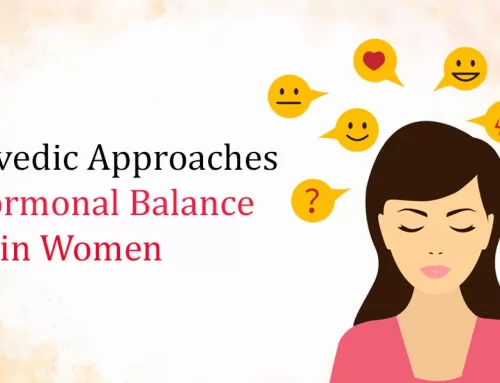We live in a time where nobody has time even for themselves. Our lives have become so mechanical and digitally driven that we don’t care about things that are even integral to us. Healthy eating is one of them. The urban lifestyle which most of us resorted to over the years is so occupying that we don’t understand how to maintain a balanced life. The average life span of human beings has reduced over the years. Apart from environmental factors not following healthy eating habits has resulted in this.
Yash Birla it is important to take care of our health by eating the right food. Some practical tips are needed to cover the basics of healthy eating and can help you make healthier choices. The key to a healthy diet is to eat the right amount of calories for how active you are so you balance the energy you consume with the energy you use.
If you eat or drink more than your body needs, you’ll put on weight because the energy you do not use is stored as fat. If you eat and drink too little, you’ll lose weight. A balanced diet is important because it helps us receive all the nutrients we need.
Yash Birla puts that you should start your meals by consuming high fibre
starchy carbohydrates. It should be kept in mind that starchy carbohydrates should make up just over a third of the food you eat. They include potatoes, bread, rice, pasta and cereals. It is necessary to have wholegrain varieties such as brown rice and potatoes with their skin on. Try to include at least one starchy food with each main meal. Decrease the calorie content by not applying oil on chips, butter on bread and creamy sauces on pasta.
Eat lots of fruit and veg. They can be fresh, frozen, canned, dried or juiced. A portion of fresh, canned or frozen fruit and vegetables and a portion of dried fruit will provide you with abundant nutrients. Eat more fish, including a portion of oily fish. Fish is a good source of protein and contains many vitamins and minerals. Aim to eat at least two portions of fish a week, including at least one portion of oily fish. Oily fish are high in omega-3 fats, which may help prevent heart disease. Oily fish include salmon, trout.
Cut down on saturated fat and sugar. You need some fat in your diet, but it’s important to pay attention to the amount and type of fat you’re eating.
The two main types of fat are saturated and unsaturated. Too much saturated fat can increase the amount of cholesterol in the blood, which increases your risk of developing heart disease.
For a healthier choice, use a small amount of vegetable or olive oil, or reduced-fat spread instead of butter, lard or ghee. When you’re having meat, choose lean cuts and cut off any visible fat. All types of fat are high in energy, so they should only be eaten in small amounts.
Regularly consuming foods and drinks high in sugar increases your risk of obesity and tooth decay explains Yash Birla. Many packaged foods and drinks contain surprisingly high amounts of free sugars. Free sugars are found in many foods, such as sugary fizzy drinks, sugary breakfast cereals, cakes biscuits, pastries and puddings, sweets and chocolate and alcoholic drinks.
Eat less salt. Eating too much salt can raise your blood pressure. People with high blood pressure are more likely to develop heart disease or have a stroke. Get active and be a healthy weight. As well as eating healthily, regular exercise may help reduce your risk of getting serious health conditions. It’s also important for your overall health and wellbeing.








[…] At the end of the day, cinnamon is one of the most delicious and healthiest spices on the planet. It can lower blood sugar levels, reduce heart disease risk factors and has a plethora of other impressive health benefits. Just make sure to get Ceylon cinnamon or stick to small doses if you’re using the Cassia variety. The health benefits of cinnamon exist irrespective of the variety you consume. Focus on eating healthy. […]
[…] coconut water can be a part of a healthy diet as it helps you stay hydrated while being low in calories and being free of fats and cholesterol. […]
[…] coconut water can be a part of a healthy diet as it helps you stay hydrated while being low in calories and being free of fats and cholesterol. […]
[…] with endoscopy and IV ulcer medications. You may also require a blood transfusion. Eating a healthful diet can benefit your intestinal tract and overall health. In general, it’s a good idea to eat a diet […]
[…] with the exercises, Yash Birla also maintains a healthy diet to take care of his body. His diet regimen includes five carefully calibrated meals a day. He […]
[…] the gym and kitchen. Gaining muscle mass requires a combination of strength training workouts and a healthy diet. Physical activity is necessary to push your body, but without correct nutritional support, your […]
[…] kitchen. Gaining muscle mass requires a combination of strength training workouts and a healthy diet. Physical activity is necessary to push your body, but without correct nutritional support, your […]
[…] all, healthy eating has its time and place. It is crucial to know when to give oneself a break and when to be strict […]